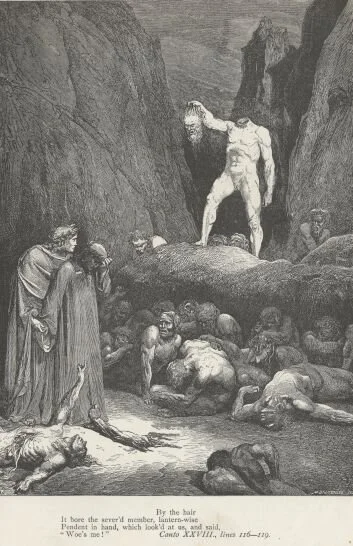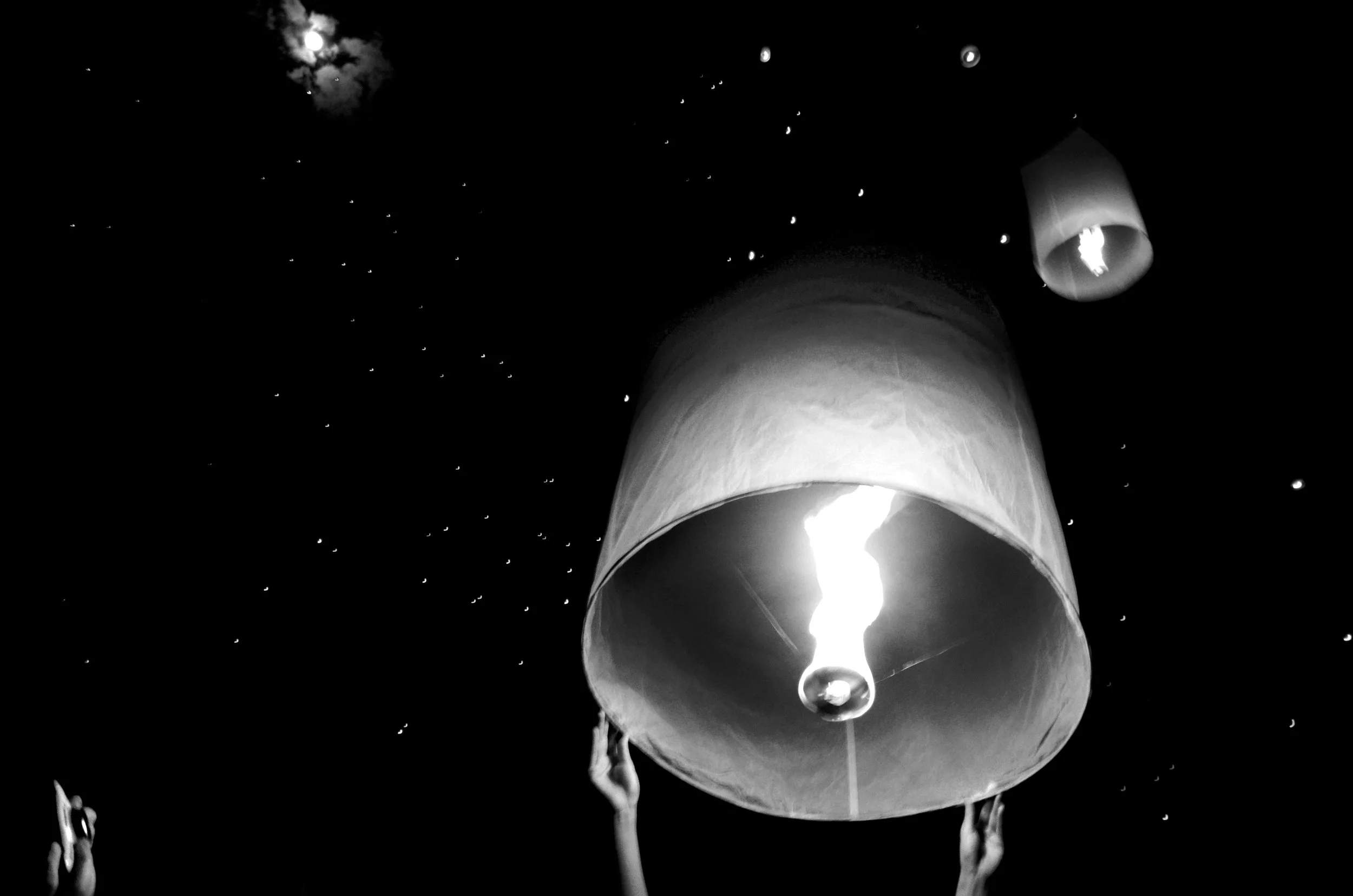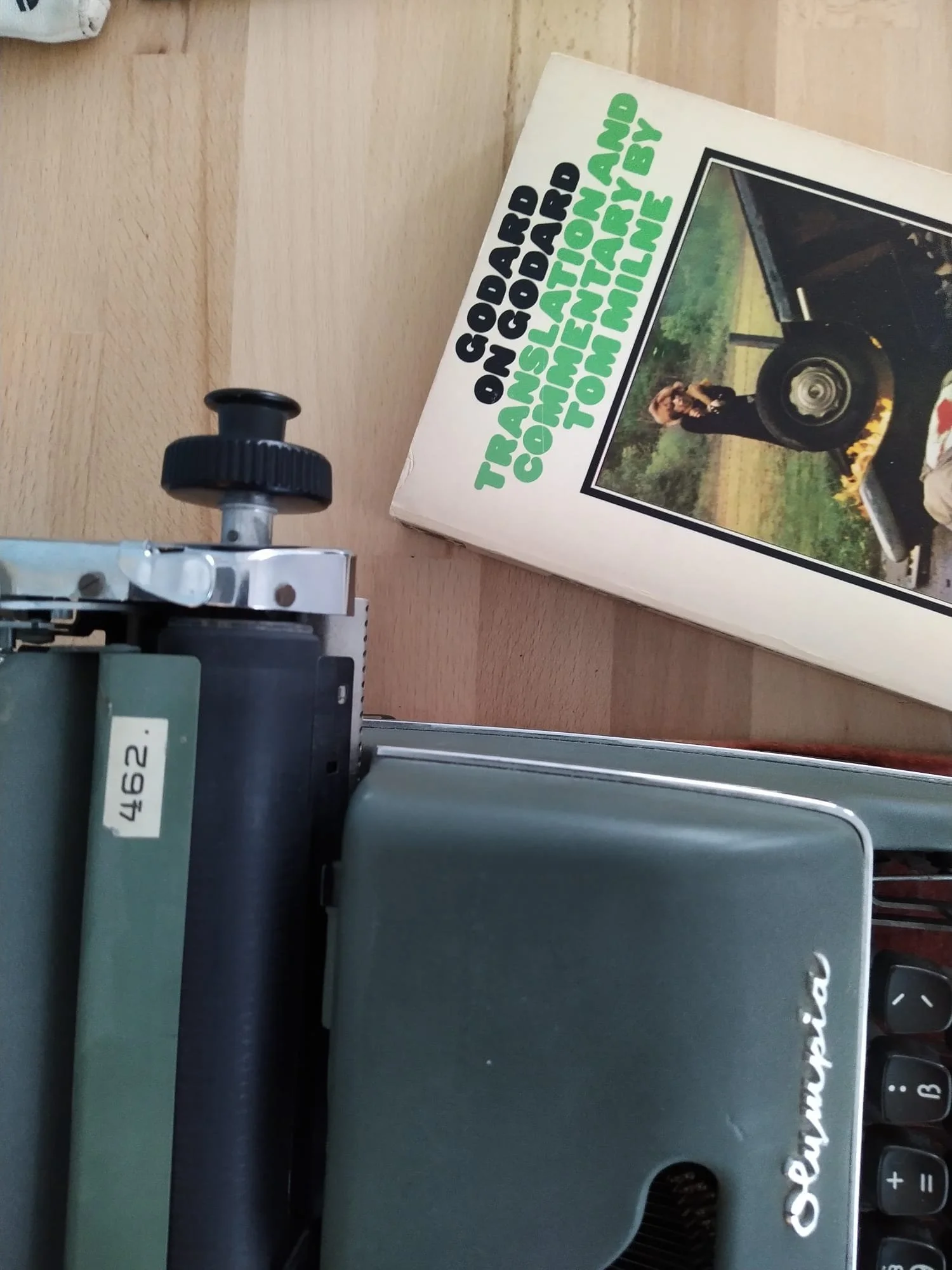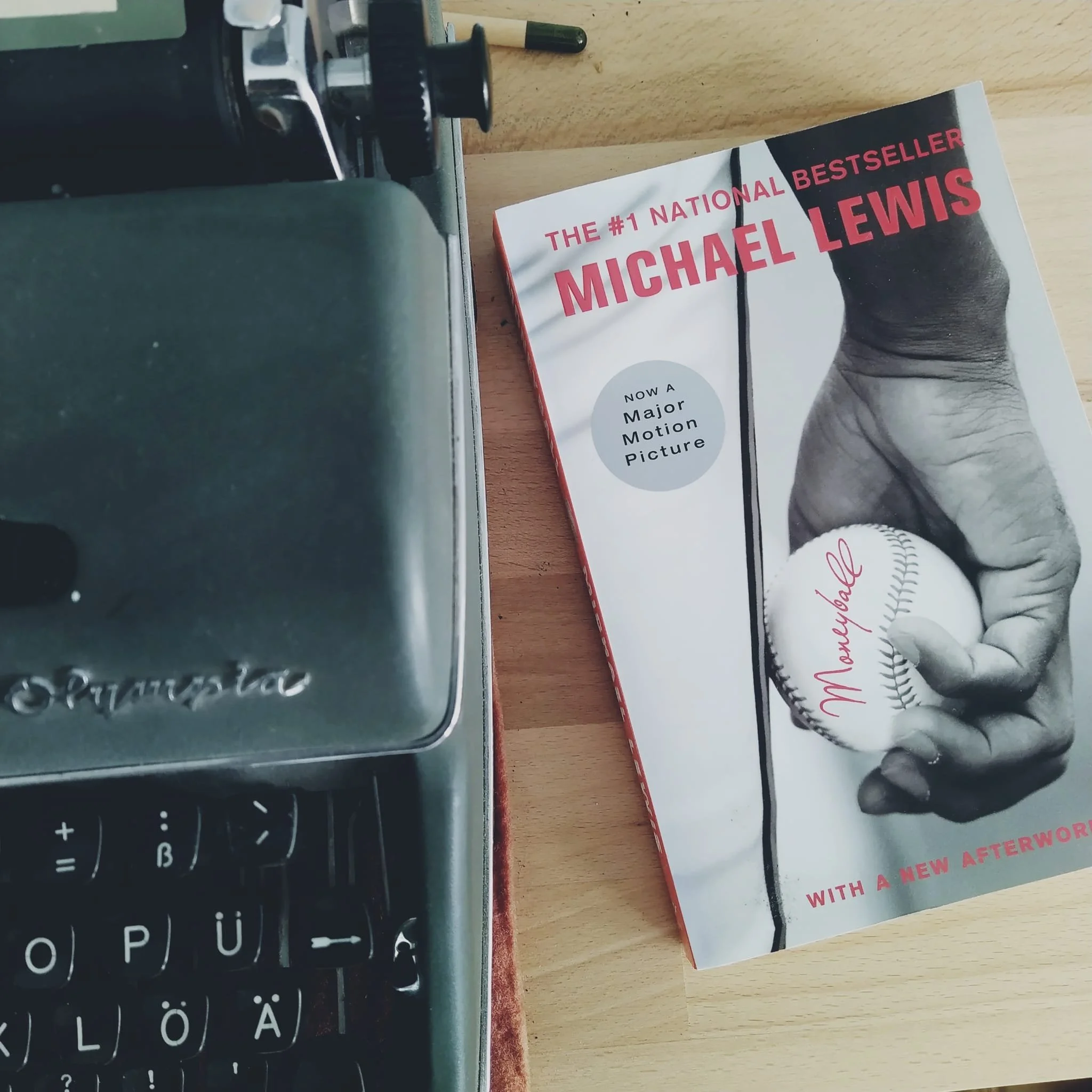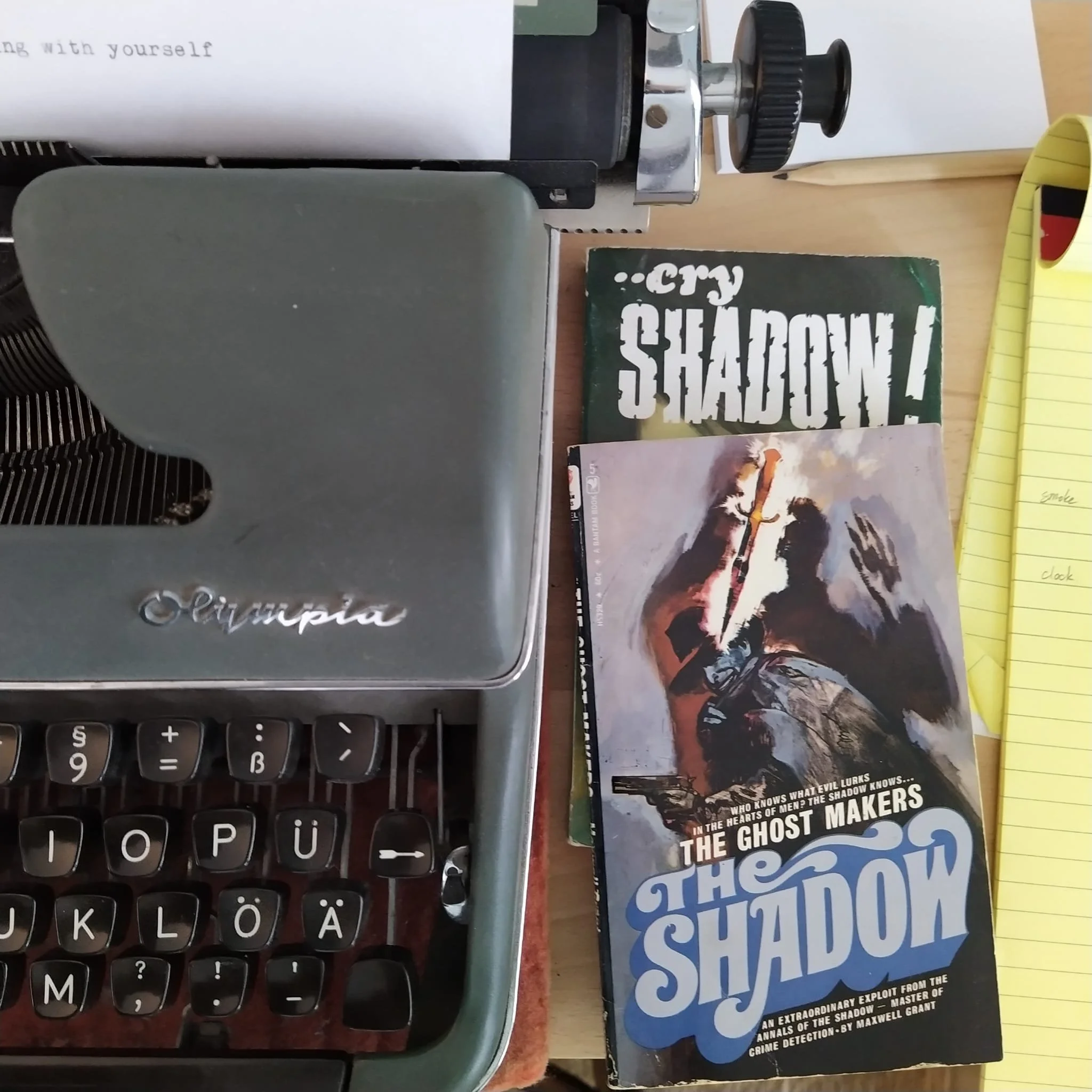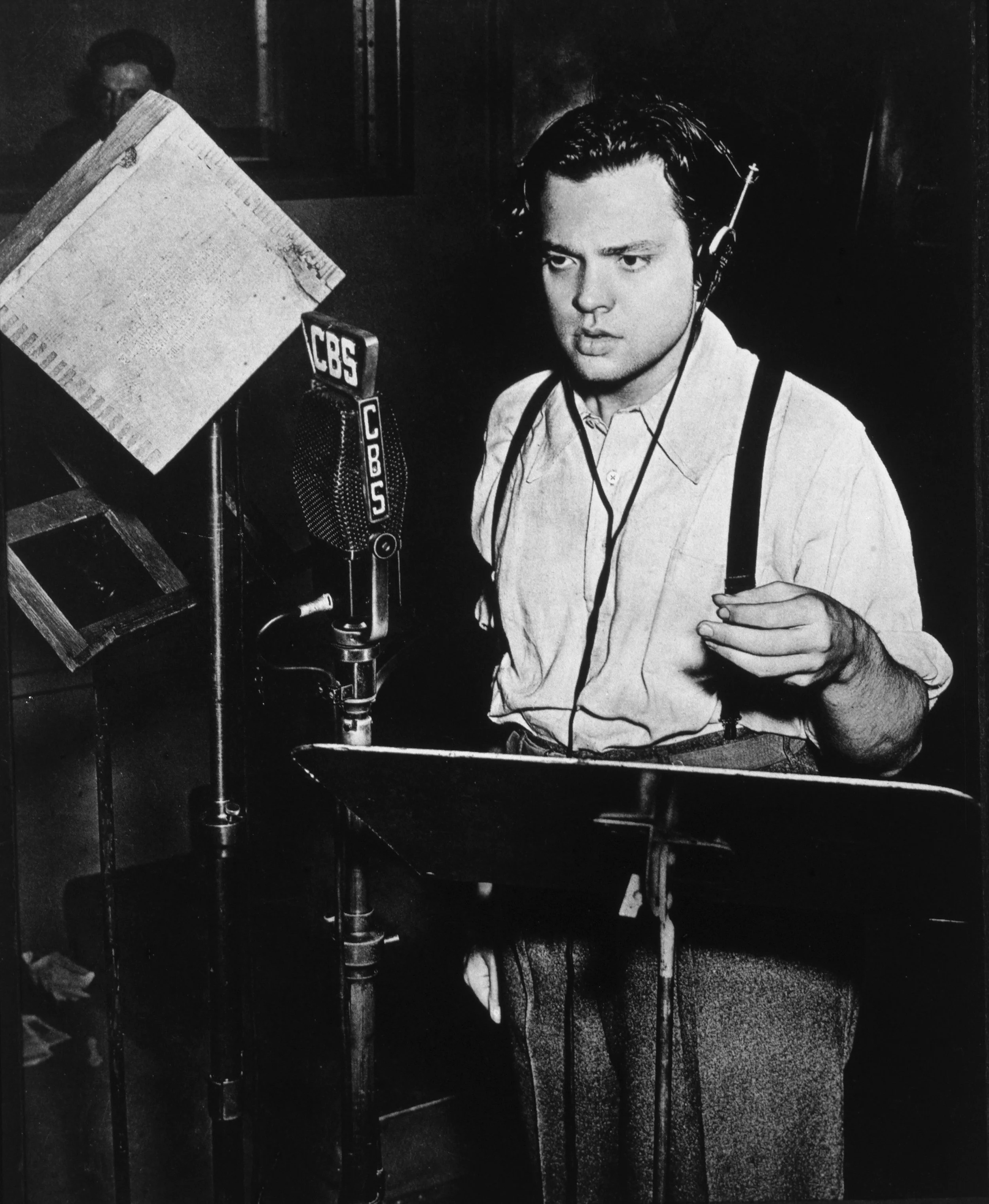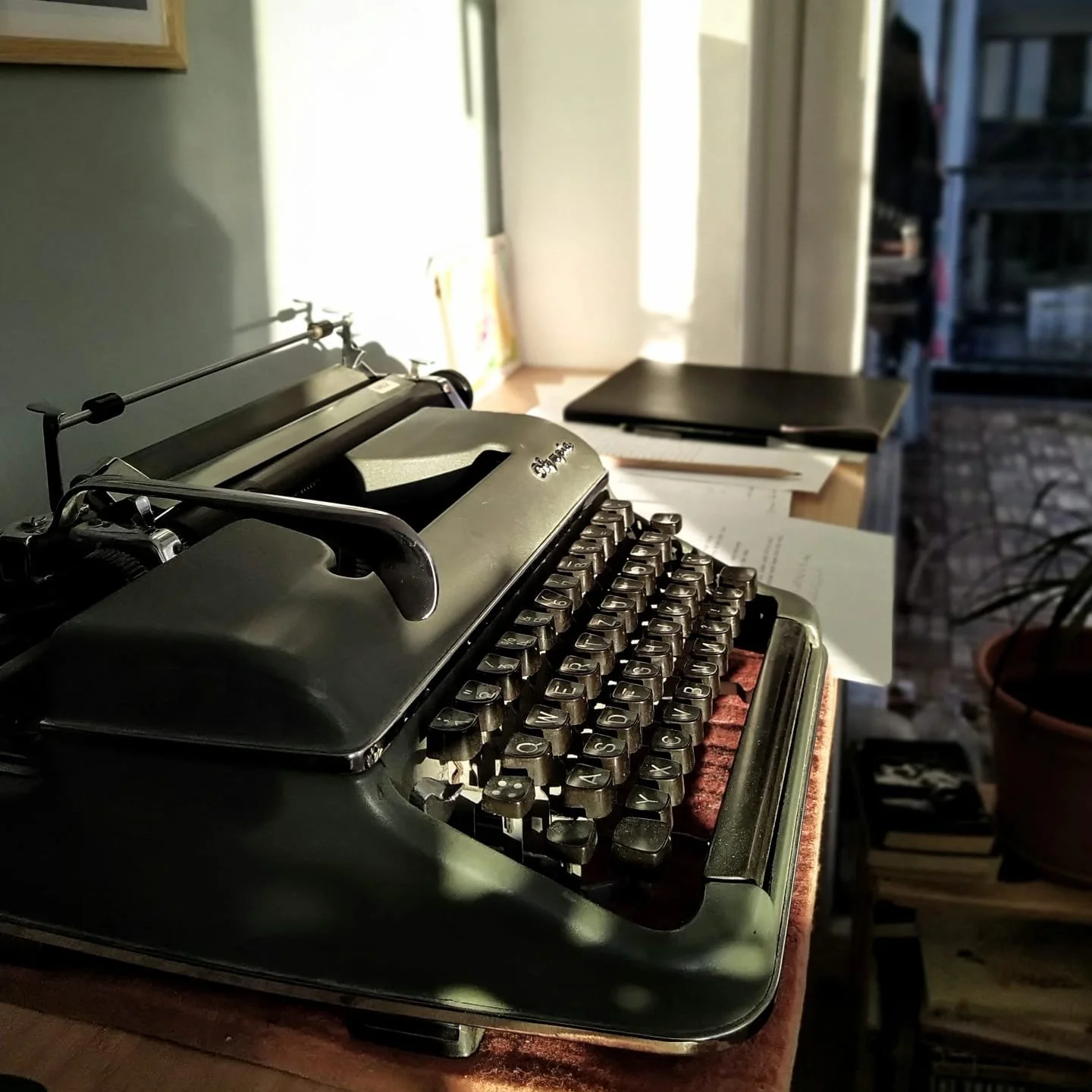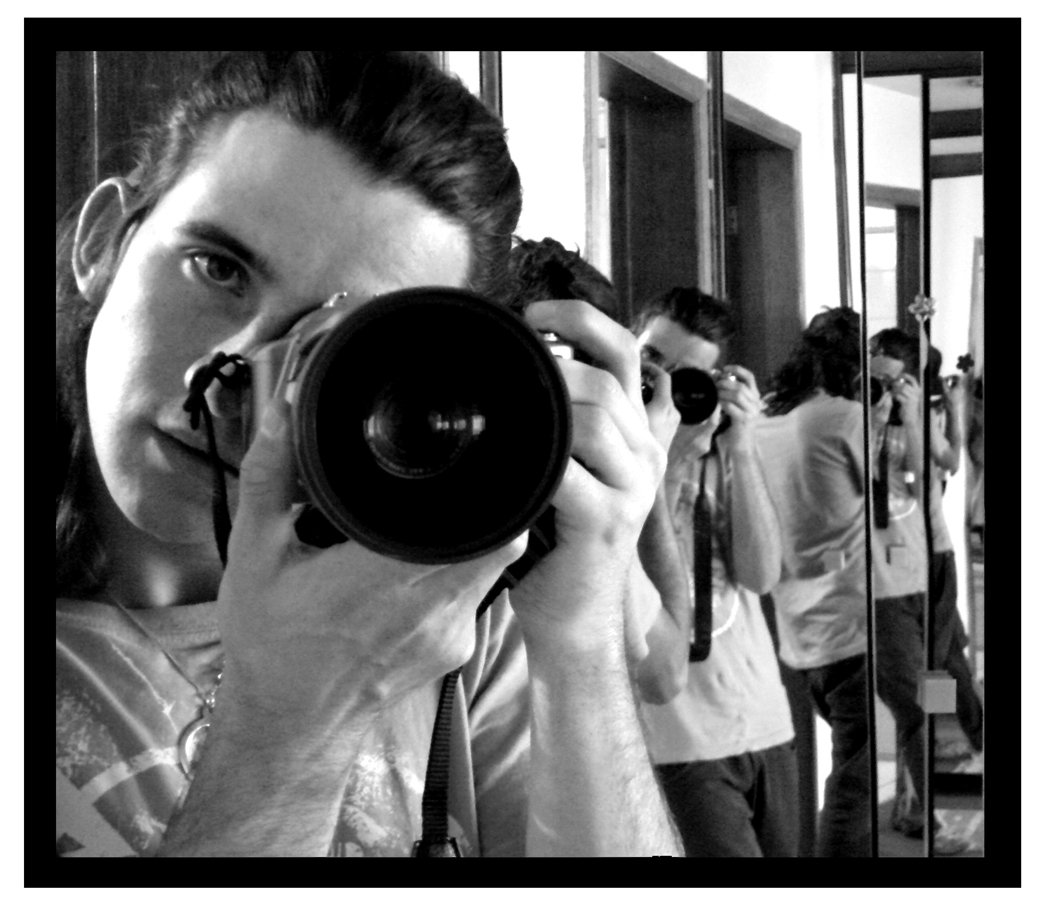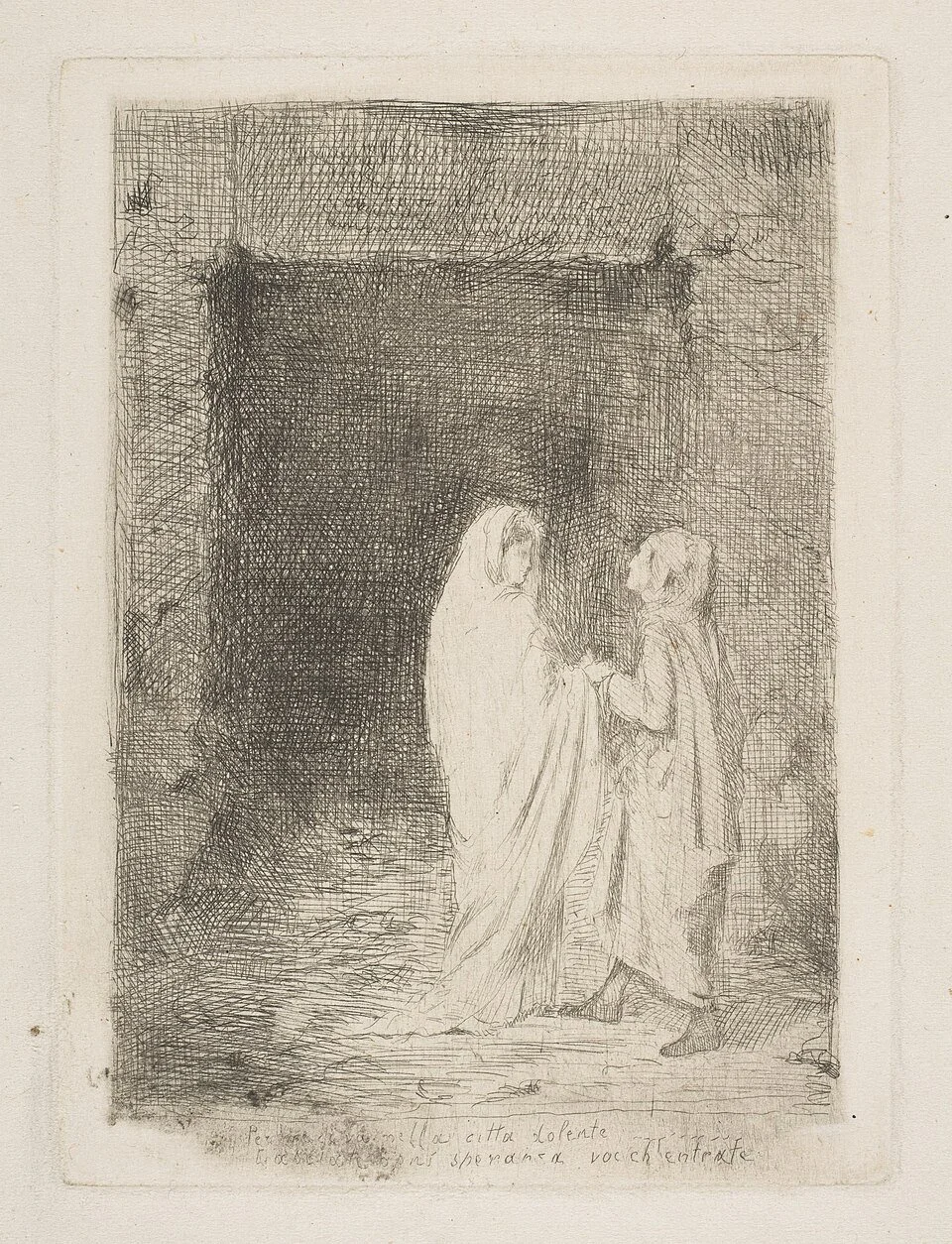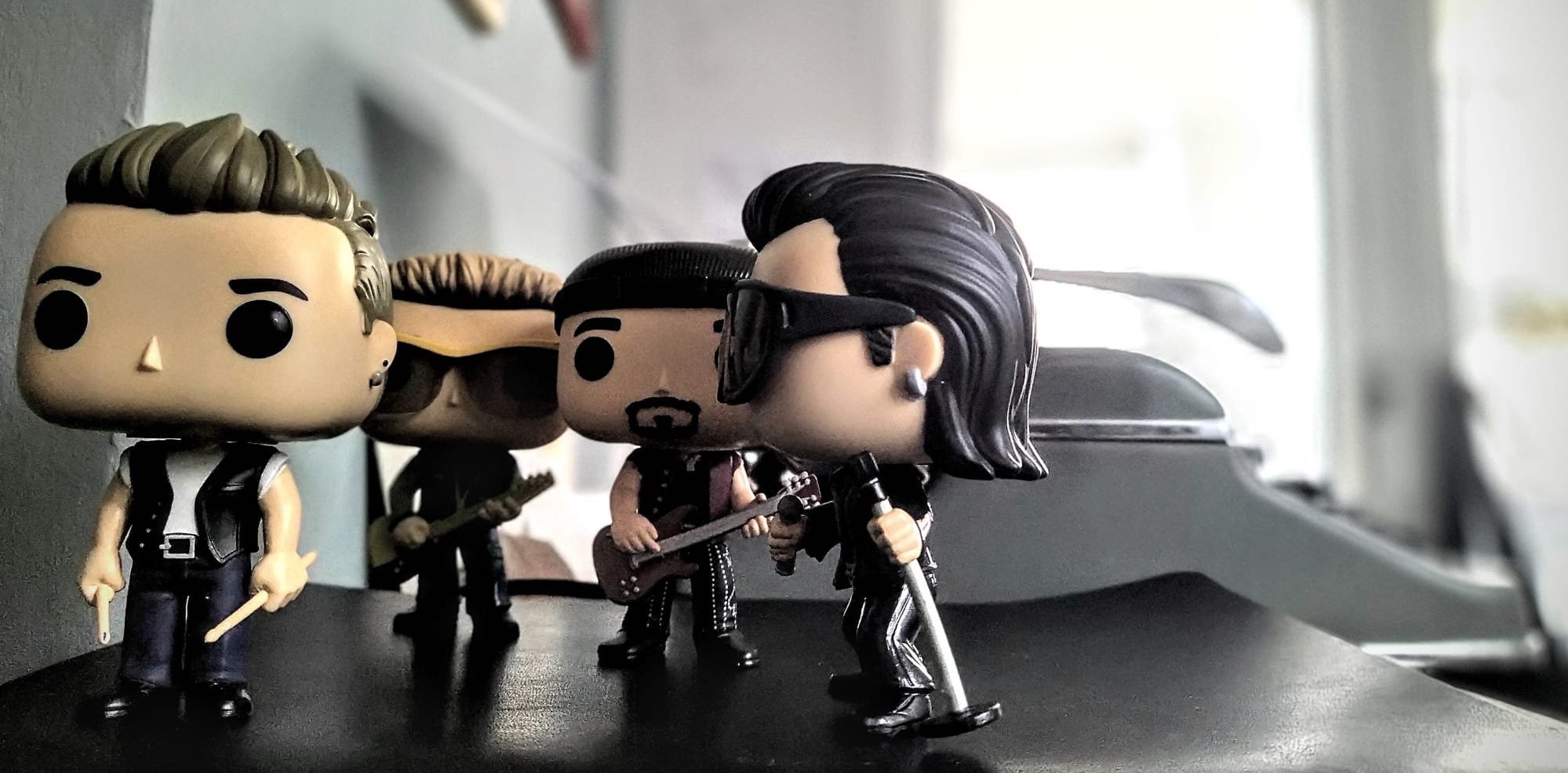The word character – as long time readers will remember – did not mean dramatis personae. The word comes from the Greek meaning an engraved mark. As in to draw a character on a piece of paper. Put some together and it becomes a word. The term also meant to mark on the body, or the soul. It was not until a few hundred years ago that the term became applicable to a person in a story. Hamlet was not a character – the meaning changed more recent than Shakespeare’s death.
Read MoreOver half of my clients in the last five years wanted to write their book in order to make the next step in their public speaking career. The finished manuscript was not the goal. Instead, it was the lantern they let fly to show that they were there.
Read MoreHuman expression is the focus of creative work. The focus is not polishing the piece beyond recognition. There’s a professional approach to the work – yes, for sure – but that doesn’t lose the focus of the human touch.
Read MoreThe book you start writing is not the one you will have when you finish. It always changes. Writing a book is a process. It’s human and it’s collaborative. It needs you to give into ideas and see where they lead. Explore what stands up strong next to something else. Be curious about what needs to shift to another part of the book. The idea changes shapes. The book evolves.
Read MoreAs a film student/aspiring screenwriter, Jean-Luc Godard’s films were hugely important to me. I’m hardly the first aspiring screenwriter or film student to have been inspired by his works. There are plenty of terrible student films trying to pull off the same magic.
Beyond his films, it was his creativity at finding solutions to problems that has stuck with me.
Read MoreWhen you read back through your manuscript – and you might even get a sense of these parts while writing – you will find passages or sequences that don’t hit the right note. The first step in this revision is ensuring the manuscript works overall. Only then can you tighten up the specific scenes.
Read MoreGhostwriting is an exercise in adaptation. My role is to adapt my client’s story or ideas to the written page. In some cases my clients have started with a wealth of material in their podcasts. The task, then, is to adapt hours of interviews and recordings to a book.
Here are three ways I’ve done that with recent clients.
Read MoreThere are times I work with an author who knows exactly what they want their book to be. In these cases it is usually a culmination of their work – many years of blogging and newsletters, years of public speaking or podcasts.
But there are times we discover the book on the way. Like an iceberg, there’s just part of it peering out of the water and we’ll discover the rest of it on the journey. Pull it into the light.
Read MoreTo cover a difficult topic in a way that’s as engaging as Moneyball, there must be a question that pulls us into the book. The chapters, or sequences, must develop from each other. Plunging head first into sabermetrics would have left most readers striking out part way through the first chapter. Instead, Lewis finds a way to open with the narrative to hook us, then deliver the ideas.
Read MoreRecently I was interviewed about ghostwriting and the question came up again: how do I feel about not getting credit for writing?
I’m fine with it.
Read MoreGhostwriting is an exercise in adaptation. My job is to adapt my client’s story or ideas to the written page in a way that captivates their readers. A handful of my clients started the process of writing their book with almost all their material on hand. They had their own podcasts.
Read MoreThe old writing adage says to “start as close to the end as possible.”
It’s also essential not to write a story thinking the end is the beginning.
At its heart, Story is about change. But it is not about triumph. It is about the journey there, the conditions that led to the change.
Read MoreEven if it’s not obviously an adventure, fiction story elements are there to keep the reader captivated and turning the page in any genre.
Read MoreDeus ex machina. It’s a device we’ve all heard about from Ancient Greek theatre where a god was delivered by a machine, sometimes quite literally, to solve the problems of the players on stage. The famous example is when Medea needed to escape, the sun god Helios sends a chariot to save her. It wasn’t part of a subplot. It wasn’t something that grew out of lack of ideas. It was a device to bring a conclusion t a difficult position of the characters… and the playwright.
Even thousands of years ago, it wasn’t without its detractors.
Read MoreCollaborating with a professional ghostwriter is not just about word count. There are other values a ghostwriter brings to the partnership. Ideas. Narrative structure. A way to recognise elements for your story that you might have overlooked.
Read MoreRiddles require you to make up the context of the scene and find what fits. Stories build that piece by piece. There’s no cathartic emotional revelation in having the context given like this. There’s no story. There’s no value placed on this information. There’s no tension other than trying to solve the riddle. Stories require that the information we need – hopefully – comes right when we need it in order to make sense of what has happened.
Read More
Scenes and events don’t have a meaning on their own. It’s the context of a story that gives these events any significance.
The difficult part in writing is in building the foundations earlier so the emotional resonance speaks through these scenes.
There was a point while he was writing Fight Club where Chuck Palahniuk came to realise that the two characters – the narrator and Tyler – were the same. It wasn’t a twist he’d thought of before writing. It wasn’t a gimmick to string the reader along. He was writing a damning commentary on masculinity as he saw it in the mid-1990s.
Read MoreThe power of your story depends on clearly locating your inciting incident.
The fundamentals of this are often misunderstood.
Story is about transformation. A story is in how a character changes. This change does not come easily but there is something that pushes the character out of their comfort to begin the journey.
Read MoreCollaboration is powerful because of these very reasons. Playing with ideas and perspective can be confronting, but going through that process can be exhilarating. It brings chills and goosebumps. It brings surprising results.
Read More

